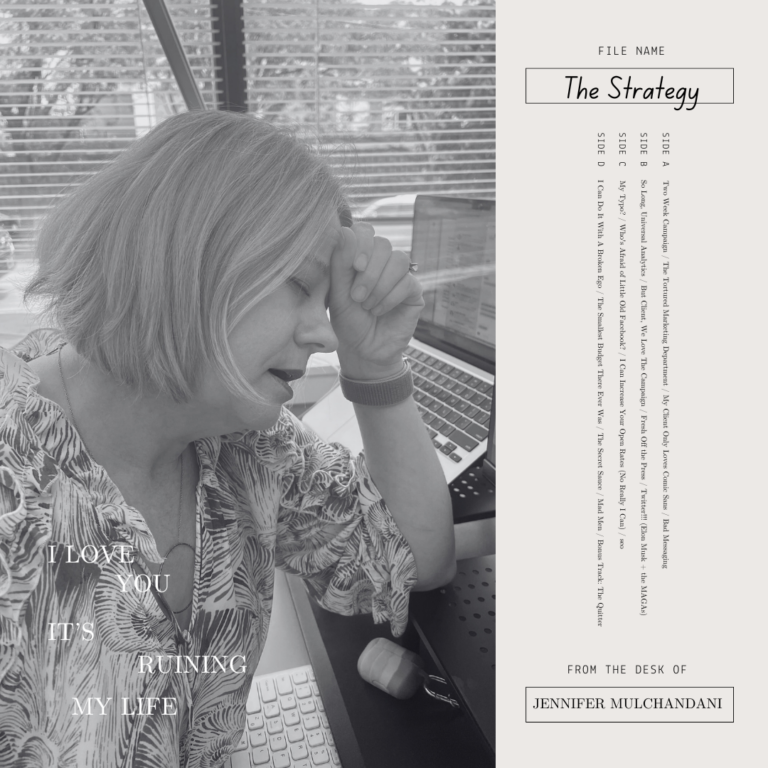Right – Left. Trump. Twitter.
Should advertisers take sides?
It certainly feels like we are in the most polarized cultural atmosphere of my life (disclaimer: born in the ’70s and didn’t live through the post-Vietnam era or ’60s civil rights movements.) And while this reality may not mean anything in the day to day doing of one’s job, it is different for those in advertising.
Values based advertising isn’t new. But it is everywhere right now and while one might argue that advertising values is VERY different from the actions of the advertiser, the reality is that consumers are being hit over the head with messages aimed to provoke discussion, inclusion, awareness, understanding of the many issues being politically volleyed these days: immigration, gender equality/inclusion; sexual identification/orientation; and some oldies but goodies like race, national origin, and religion.
How do companies walk a line that makes their customers feel connected to the issues without alienating customers who might be turned off from the position taken in an ad campaign? Are companies really willing to take a side, or are they being politically correct with their values based messaging (and therefore not even taking a side?)
Is there such a thing as taking a side against bullying? Would anyone argue that Burger King’s anti-bullying ad would put off potential customers (except the few who were served a bullied burger?) And does Burger King leadership genuinely feel this way or was this a brilliant advertiser who wanted to shift the focus from oh say the high salt and fat content of the majority of the company’s food? Just playing devil’s advocate here, we personally love* the ad, salty fries or not!
https://www.youtube.com/watch?v=mnKPEsbTo9s
But what about the spate of immigration ads that came out around the Super Bowl back in February? 84 Lumber put a stake in the ground, didn’t they? And the timing of the ads, in the fresh aftermath of a new administration, could they be anything but the taking of a political side? Watch t.v. news coverage of the ad agency and head of 84 Lumber, where the company claims that their values are not a political statement.
When big businesses create new messaging, their agencies use focus groups to test and refine the messaging before it ends up in the commercials we see. The risk of offending someone on the other side of an issue has got to be far outweighed by the boost these brands get when they seemingly go out on a limb to take a “side” or at least take a “stand.” That is a calculated business decision – or rather it should be. The original Burger King ad has thousands of “thumbs down”s and a long list of negative comments, demonstrating the hundreds of people who were offended by this ad by one reason or another.
But for this child of the ’70s who is in awe daily about who says what and who responds in what way, I love value based advertising. Maybe it’s the policy wonk or the community advocate in me, but I’m fascinated by the willingness (and ability) of big brands to appeal to our emotions and spur conversations. It is not that easy for small businesses, who can’t test and test every message. Small businesses also won’t get the same PR lift that controversy gives to the big brands. And isn’t bad publicity still publicity? (This is a whole other topic we won’t delve into here.) Kudos to these companies who are starting or continuing important conversations. As a small business, we applaud you.



